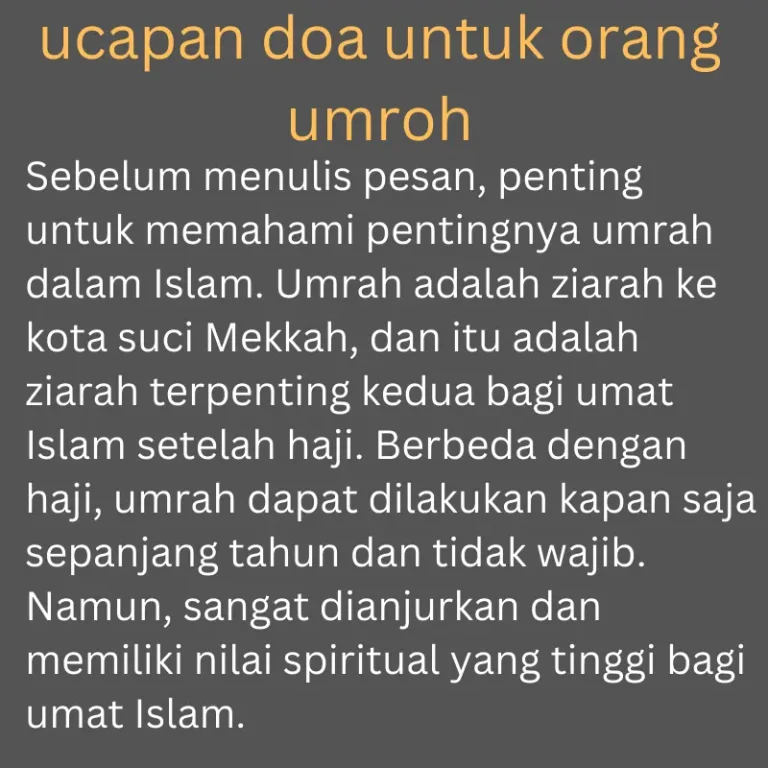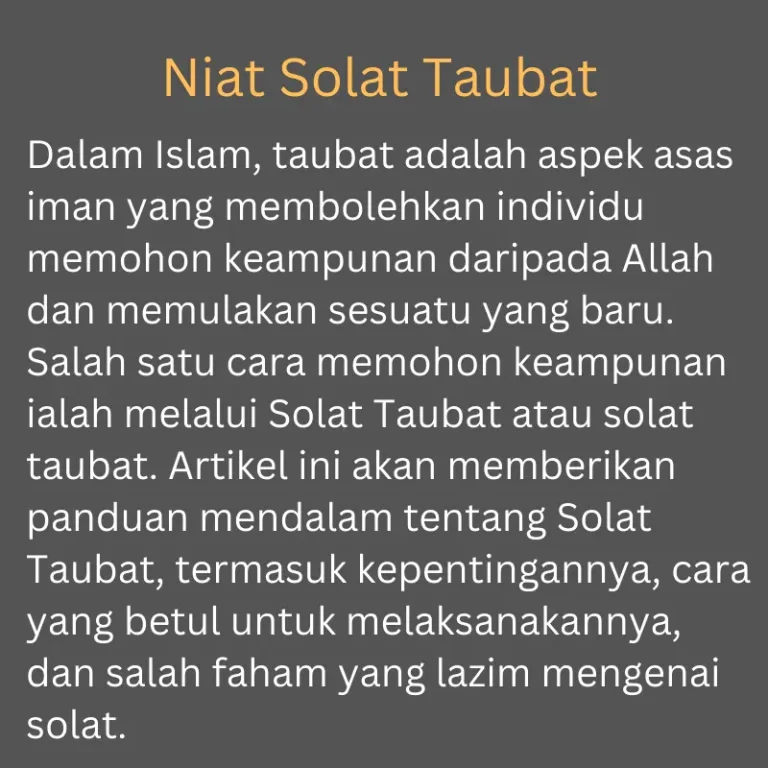Sunnah Taqririyah
Sunnah Taqririyah is an essential concept in Islamic jurisprudence. It refers to the actions or practices of the Prophet Muhammad (PBUH), which he approved through his silence or non-rejection. This means that the Prophet Muhammad (PBUH) did not object to these practices when he witnessed them. The word “Taqririyah” means tacit approval. Therefore, Sunnah Taqririyah refers to the practices that the Prophet Muhammad (PBUH) approved through his silence.
Importance of Sunnah Taqririyah
Sunnah Taqririyah is a crucial source of Islamic law and is vital to the Islamic legal system. Understanding this concept is essential for Muslims, as it helps them to gain a deeper understanding of Islamic jurisprudence and its sources. In this article, we will discuss the importance and relevance of Sunat Taqririyah in Islamic law.
- Sunnah Taqririyah helps to fill gaps in Islamic law without explicit guidance from the Quran or Hadith.
- Sunat Taqririyah has the same authority as other sources of Shariah, such as the Quran and Hadith.
- The Quran is the primary source of Islamic law, while the Sunnah (which includes Sunnah Taqririyah) is an explanatory tool for the Quranic injunctions.
- Hadith refers to the sayings, actions, and approvals of the Prophet Muhammad (PBUH), and Sunnah Taqririyah falls under the category of approvals.
- The Prophet Muhammad (PBUH) approved specific actions during Islamic prayers, such as raising the hands during Takbir and saying “Ameen” after reciting Surah Al-Fatiha.
- The Prophet Muhammad (PBUH) also approved certain practices during the marriage, such as giving a dowry to the bride and conducting the marriage ceremony in the presence of witnesses.
Sunat Muakkadah
Sunnah Muakkadah is a type of Sunnah that is emphasized and recommended to Muslims to follow, while Sunat Taqririyah refers to practices that the Prophet Muhammad (PBUH) approved through his silence.
Sunat Taqririyah is authenticated through the same rigorous process as other sources of Islamic law, such as the Hadith. Scholars examine the chain of narrators and the content of the narration to determine its authenticity. While Sunna Taqririyah is not binding on Muslims, it is still considered a valuable source of guidance for Islamic practice.
Sunna Taqririyah is an essential concept in Islamic jurisprudence that fills gaps in Islamic law and provides guidance for Muslims. It has the same authority as other sources of Shariah, and understanding it is crucial for a deeper understanding of Islamic jurisprudence.
Is Sunnah Taqririyah the same as Sunnah Muakkadah?
Sunnah Taqririyah refers to practices that the Prophet Muhammad (PBUH) approved through his silence, while Sunat Muakkadah refers to practices that are emphasized and recommended to Muslims to follow.
How is Sunnah Taqririyah authenticated?
Sunnah Taqririyah is authenticated through the same rigorous process as other sources of Islamic law, such as the Hadith. Scholars examine the chain of narrators and the content of the narration to determine its authenticity.
Is Sunnah Taqririyah binding on Muslims?
While Sunnah Taqririyah is not binding on Muslims, it is still considered a valuable source of guidance for Islamic practice.
Sunnah Taqririyah is an essential concept in Islamic jurisprudence that guides Muslims in areas without explicit guidance from the Quran or Hadith. It has the same authority as other sources of Shariah and plays a crucial role in the Islamic legal system. Understanding Sunat Taqririyah is crucial for a deeper understanding of Islamic jurisprudence and its sources. As Muslims, we must strive to better understand our religion and its practices, and Sunnah Taqririyah is an integral part of that understanding.







